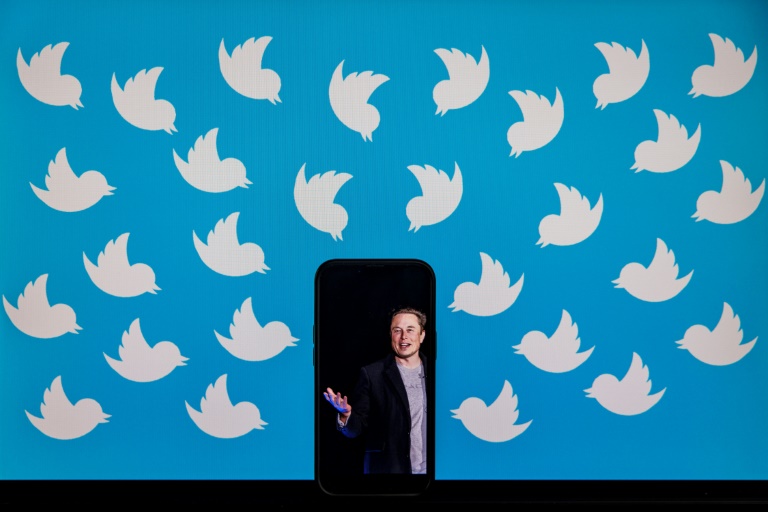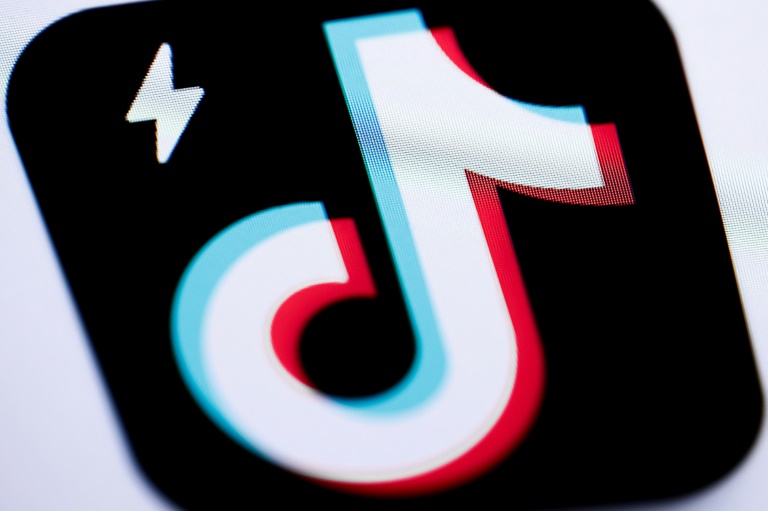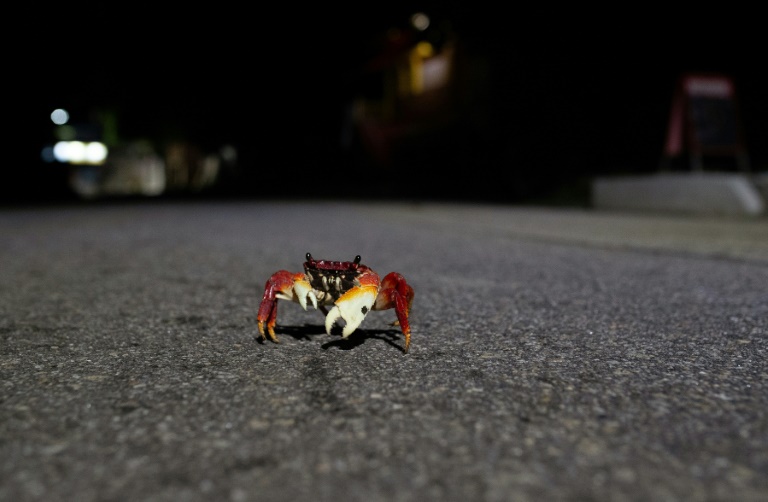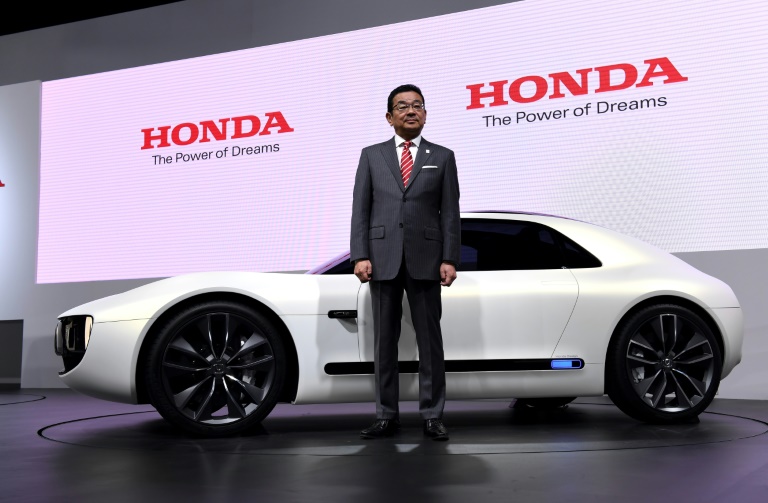A conspiracy theorist urging Americans to burn voting machines, an anti-Muslim activist posting a photo with a gun, a retired general who called for a coup — Elon Musk’s Twitter has reinstated thousands of once-banned accounts.
Twitter has turned into what campaigners call a cesspool of misinformation, hate-filled conspiracies and racial slurs amid what appears to be reduced content moderation in recent weeks following mass layoffs and an exodus of key staff focused on user safety.
Musk, a self-proclaimed free speech absolutist who completed his $44 billion buyout of the influential platform in October, has further stoked alarm by restoring what one expert estimates are over 27,000 accounts once suspended for fuelling falsehoods, harassment and violence.
“Restoring these accounts will make the platform a magnet for actors who want to spread misinformation,” Jonathan Nagler, co-director of the New York University’s Center for Social Media and Politics, told AFP.
“And there will likely be less moderation of hate speech, making the platform less hospitable to many users.”
Those reinstated include far-right activists, anti-Muslim extremists as well as others peddling election conspiracies and Covid-19 misinformation, according to an analysis by the non-profit Media Matters of dozens of restored accounts with millions of combined followers.
Among those allowed back is former US President Donald Trump, who was handed a “permanent” ban by Twitter after his supporters stormed the Capitol on January 6, 2021.
Trump has so far resisted the offer to return and remained on Truth Social, a platform he founded where his following pales in comparison to his Twitter account with 87.7 million followers.
– ‘Misinformation superspreaders’ –
Many other reinstated influencers have actively returned to the platform, including flamboyant anti-Muslim activist Pamela Geller and Mindy Robinson, a supporter of the QAnon conspiracy movement whose first tweet after being restored included a picture of herself with a gun.
Also reinstated was controversial former kickboxer Andrew Tate, who is notorious for his misogynistic remarks. After a heated Twitter exchange with environmentalist Greta Thunberg, Tate was recently arrested in Romania for alleged human trafficking and rape.
After thanking Musk for restoring his account, election conspiracy theorist Mike Lindell called on his followers to “melt down the electronic voting machines and turn them into prison bars.”
Former national security advisor Michael Flynn, who once appeared to endorse the idea for a Myanmar-style coup in the United States, also thanked Musk on Friday — the second anniversary of the January 6 insurrection — after his account was restored.
“Under Musk, misinformation superspreaders are emboldened, and readers have less information about the reliability of the sources feeding them news and information,” Jack Brewster, from the media watchdog NewsGuard, told AFP.
Musk’s interventions, he added, “have the effect of catering to the extreme — on both sides of the aisle — and obscuring readers’ path to high-quality information.”
Twitter has not publicly said how many accounts have been reinstated.
Several advocacy groups, including Media Matters and Accountable Tech, pointed to data gathered by Travis Brown, a software developer based in Berlin.
Brown has compiled an online list of more than 27,000 reinstated Twitter IDs since Musk’s takeover in late October. Brown told AFP that the list was incomplete and the actual number of restored accounts could be higher.
– ‘Dangerous decisions’ –
In a tweet in mid-December, the company said that “permanent suspension was a disproportionate action for breaking Twitter rules.”
“We recently started reinstating accounts that were suspended for violations of these policies and plan to expand to more accounts weekly over the next 30 days.”
Apparently seeking to allay the concerns of advertisers and users on the platform, it added that Twitter remained “fully committed to preventing harmful content and bad actors.”
But in a test of that commitment, the platform recently saw an explosion of anti-vaccine conspiracies after NFL player Damar Hamlin suffered a cardiac arrest during a match.
Tweets mentioning “died suddenly” –- a phrase that references an anti-vaccine film –- spiked on the platform, according to the Center for Countering Digital Hate (CCDH).
Some of those peddling the conspiratorial phrase were once-banned accounts that have been restored, CCDH told AFP.
Musk has sought to shake up the money-losing company after his acquisition.
The South African-born billionaire has said his interventions at Twitter have saved the company and announced that he would step down as chief executive once he finds “someone foolish enough to take the job”.
“Fixing Twitter requires more than just replacing Musk,” Nora Benavidez, from the nonpartisan group Free Press, told AFP.
“It requires a series of measures to reverse dangerous policy decisions Musk has made, reinvest in content moderation and enforcement, and restructure the governance of the platform.”

 Business5 months ago
Business5 months ago
 Business4 months ago
Business4 months ago
 Events6 months ago
Events6 months ago
 People4 months ago
People4 months ago
 Events3 months ago
Events3 months ago




